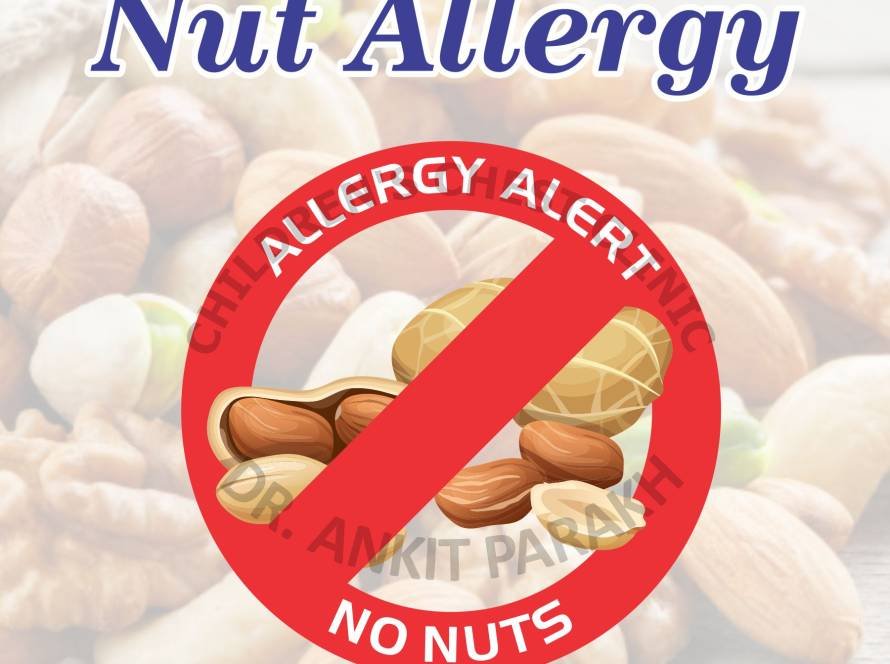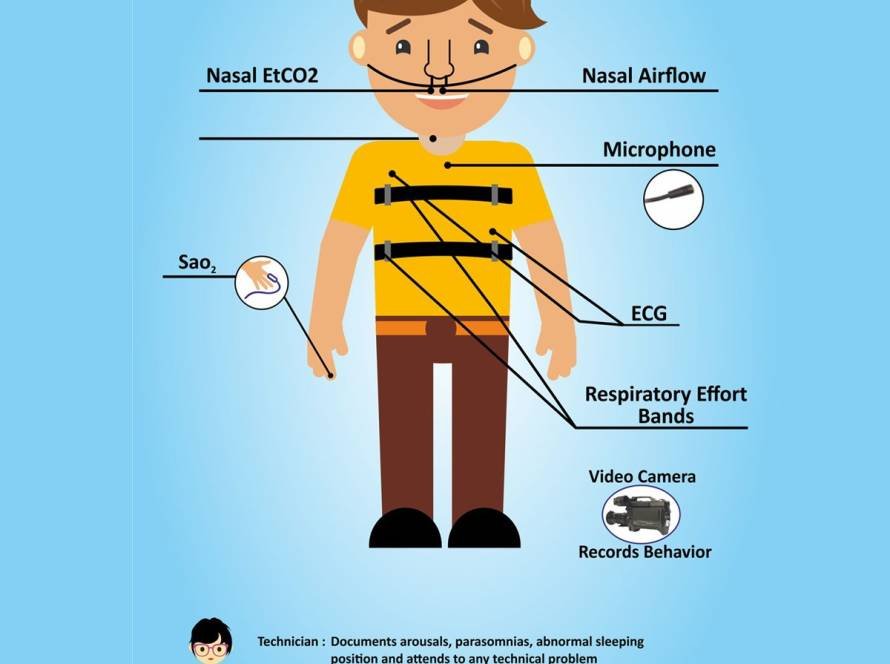Understanding Asthma in Children
Asthma is a chronic inflammatory condition of the airways, causing symptoms such as:- Coughing (especially at night or with exercise)
- Wheezing
- Chest tightness
- Breathlessness
The Myth: All Children Outgrow Asthma
Many parents believe that asthma is only a childhood disease and that their child will eventually “outgrow” it. While some children experience fewer symptoms as they grow older, this does not necessarily mean the disease is gone.The Reality:
- About 30–50% of children with asthma may experience remission of symptoms during adolescence.
- However, asthma can return later in life, especially when exposed to triggers like pollution, allergens, cold air, or viral infections.
- In many cases, children who seem to outgrow asthma may still have underlying airway hyperreactivity and are at risk of developing symptoms in adulthood.
Factors That Influence Whether a Child May “Outgrow” Asthma
Not all children follow the same path. The likelihood of symptom resolution depends on several factors:1. Severity of Asthma:
- Children with mild, intermittent asthma are more likely to become symptom-free.
- Severe or persistent asthma is less likely to resolve completely.
2. Early Onset:
- Asthma that begins before age 3 and is triggered mainly by viral infections may improve over time.
- Asthma that is associated with allergies (atopic asthma) is more likely to persist.
3. Allergies and Eczema:
- Children with other allergic conditions, such as eczema, allergic rhinitis, or food allergies, are more likely to have long-term asthma.
4. Family History:
- A family history of asthma or allergies increases the risk of persistent disease.
5. Environmental Exposure:
- Continued exposure to tobacco smoke, pollution, or indoor allergens can worsen asthma and reduce the chances of remission.
Long-Term Management is Key
Even if symptoms disappear, it’s important to continue:- Regular check-ups with a child allergy and chest specialist
- Monitoring for subtle signs of asthma
- Avoiding known triggers
- Maintaining good lung health through physical activity and healthy habits
While some children may appear to outgrow asthma, many continue to have sensitive airways that can flare up under the right conditions. Asthma is a chronic condition, and ongoing care and vigilance are essential. If your child has asthma, consult a pediatric pulmonologist or allergy specialist to ensure proper diagnosis, management, and long-term follow-up.
Conclusion
1. Can children really outgrow asthma?
Some children may become symptom-free as they grow older, especially if their asthma is mild. However, true outgrowing is rare, and symptoms can return later.
2. How can I tell if my child’s asthma is improving?
Fewer episodes of wheezing, reduced medication use, and increased activity tolerance may suggest improvement, but regular medical reviews are essential.
3. What age do children typically outgrow asthma?
If symptoms lessen, it often happens during late childhood or early teenage years. However, it’s unpredictable and depends on individual risk factors.
4. Does allergy treatment help reduce asthma symptoms?
Yes, treating underlying allergies with antihistamines, nasal sprays, or immunotherapy can reduce asthma flares in allergic children.
5. Is it safe to stop asthma medication if symptoms go away?
No, medication should not be stopped without consulting your doctor. Asthma can be silent, and stopping medication abruptly may cause serious attacks.






